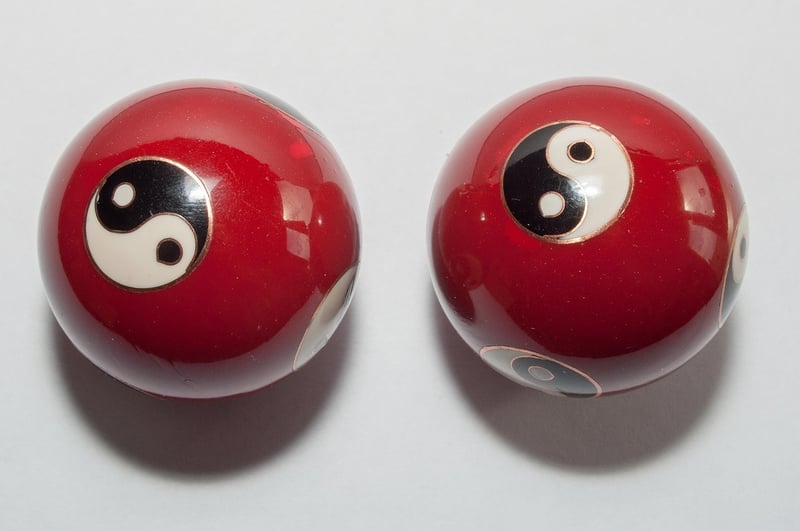Qi Gong
Ancient Chinese Martial Art and Qi Gong: A Harmony of Body and Mind
Ancient Chinese martial arts and Qi Gong have been practiced for centuries, not only as forms of combat and self-defense but also as holistic approaches to physical health and spiritual well-being. These practices blend movement, meditation, and breath control to cultivate a harmonious balance between body and mind.
The Art of Tai Chi
Tai Chi, also known as Tai Chi Chuan, is a popular Chinese martial art that emphasizes slow, flowing movements and deep breathing. It is often referred to as "moving meditation" and is believed to promote relaxation, improve balance, and enhance flexibility. Practitioners of Tai Chi focus on aligning their body and breath to cultivate Qi, the life force energy.

The Power of Qi Gong
Qi Gong, which translates to "energy cultivation," is a practice that involves coordinated body posture, movement, breath, and meditation. It aims to stimulate the flow of Qi in the body to promote health, vitality, and longevity. Qi Gong exercises can vary from gentle movements to more vigorous routines, all designed to optimize the body's energy flow.

The Benefits of Practice
Both Tai Chi and Qi Gong offer a myriad of benefits for practitioners. These may include improved physical strength, flexibility, and coordination, reduced stress and anxiety, enhanced concentration and focus, and a greater sense of overall well-being. Regular practice of these ancient arts can also help prevent illness and promote a sense of inner peace.
Conclusion
By incorporating Tai Chi and Qi Gong into your daily routine, you can experience the profound connection between your body and mind. These ancient Chinese practices offer a holistic approach to health and wellness, allowing you to cultivate balance, harmony, and vitality in your life.
Begin your journey towards a healthier and more balanced lifestyle today by exploring the transformative power of Tai Chi and Qi Gong.
References: Tai Chi - Wikipedia, Qi Gong - Wikipedia
